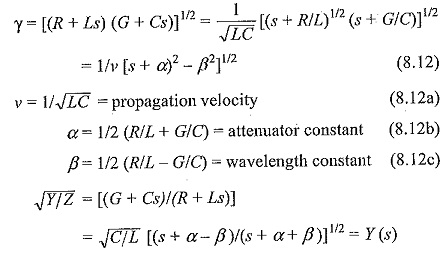Are Vacation Homes A Big Waste of Money?
 Rent is a waste of money, or is it? That’s what we’ve been conditioned to believe for the last few generations. Even when the real estate market is more stable and prices are steadily increasing, buying a vacation home may not be the best decision for your wallet.
Rent is a waste of money, or is it? That’s what we’ve been conditioned to believe for the last few generations. Even when the real estate market is more stable and prices are steadily increasing, buying a vacation home may not be the best decision for your wallet.
Should you buy a vacation home that you’ll only use a few months a year? Let’s take a look at a simplified example to highlight what it costs to own a vacation home. You purchase a vacation home, and the monthly costs including mortgage payment, real estate taxes, insurance, HOA, or other maintenance and utilities are $3,000 a month. You use the home for three months a year, although you’re paying for 12. So, you’re paying $3,000 a month for 12 months or $36,000 a year and using the home for three months at an effective cost of $12,000 per month ($36,000/3). You could seasonally rent a similar home in the same area for $4,000 per month or $12,000 for the season. You’d be paying $24,000 extra a year owning the home versus renting it ($36,000-$12,000). Over five years, you would have spent $120,000 more to own the home ($24,000 x 5 years). Yes, the home might appreciate, but you would have to subtract buying and selling closing costs and a potential real estate commission from any appreciation.
Let’s say you purchased a home for $400,000 plus $8,000 in closing costs for a total initial investment of $408,000. Let’s assume it increased in value 5% a year (higher than normal market conditions). It would be worth about $510,500 at the end of the fifth year. If you sold the home and subtracted a 6% commission and $8,000 in selling closing costs you would net about $471,900. Your approximate profit would be $63,900, but remember you would have spent an extra $120,000 to own instead of to rent the home for those five years which would actually mean you spent $56,100 more overall (-$120,000+$63,900).
Keep in mind that the home might have needed repairs and renovation work, which would have added to your cost as a vacation homeowner. You would, however, pay off some of your mortgage balance which would be a benefit of owning versus renting. But, know that during the first several years of a 30-year mortgage, typically 75% – 80% of each mortgage payment is interest and not principal repayment. You may also be able to deduct the mortgage interest on this second home, but the bottom line is for this vacation home, the overall financial costs would be greater than the benefits.
Every situation is different, but now you have the tools to conduct your own financial analysis. Sometimes it makes financial sense for you to buy versus rent a vacation home, and sometimes there are non-financial reasons to influence your decision. It is, however, better to make a big financial decision with your “eyes wide open” rather than with blinders on. You may avoid financial disappointment or hardship later.
Please note that all information contained within this article is educational and should not be interpreted as financial advice. For advice that is specific to your needs and circumstances, you should consult a financial or tax adviser.

